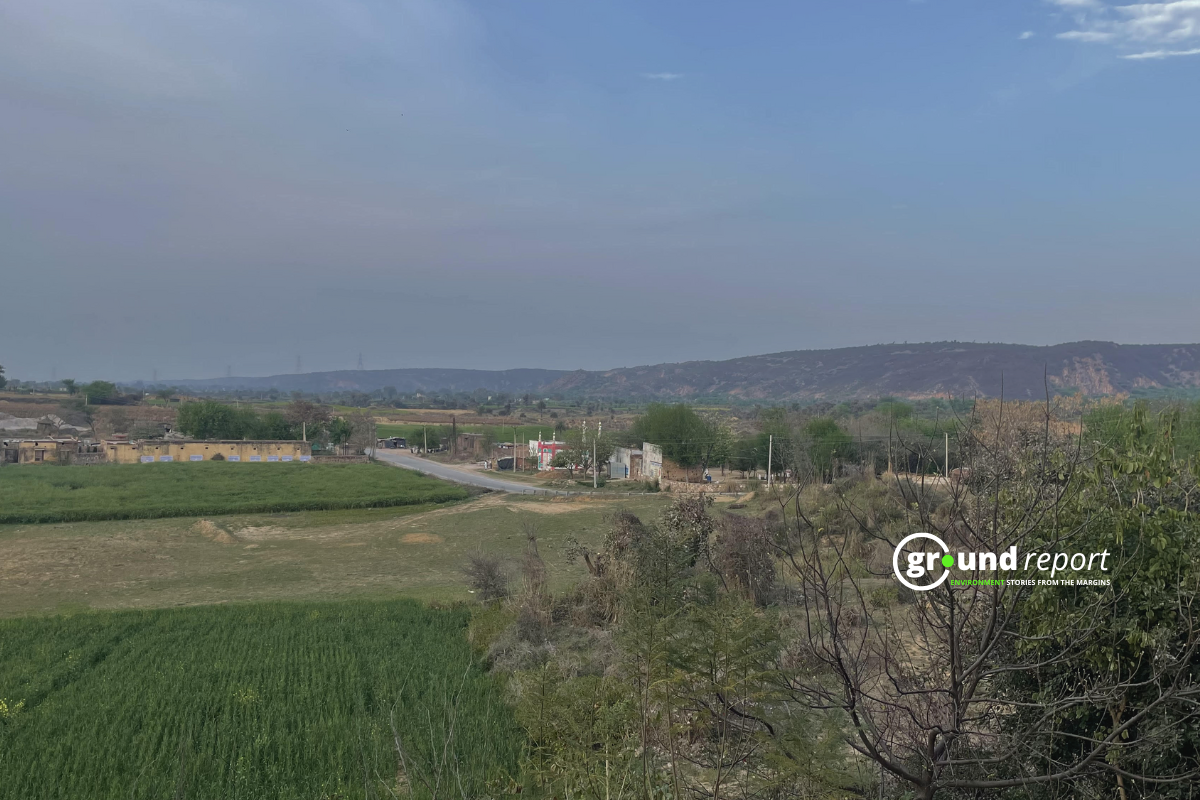Europe had its hottest summer on record, according to the Copernicus Climate Change Service (C3S). While some areas faced extreme heat, northwestern Europe remained cooler than average, highlighting stark temperature contrasts.
Europe’s summer 2024 broke records
The summer of 2024 was unusually warm, especially in Scandinavia and southeastern Europe. Temperatures across Europe from June to August were 1.54°C higher than the 1991-2020 average, breaking the 2022 record by 0.2°C. Samantha Burgess, Deputy Director of C3S, noted that these extreme temperatures are significantly impacting the well-being of Europeans, particularly in regions experiencing prolonged heat stress.
“Europe had its warmest summer on record in 2024,” Burgess said. “Extreme temperatures in southeastern Europe are impacting the wellbeing of Europeans, as citizens in this region are experiencing more heat stress than ever before.”
Southeastern Europe faced severe heat, with some areas seeing up to 60% more hot days. Italy, Turkey, Greece, and Bulgaria faced sustained heatwaves, with temperatures reaching or exceeding 40°C in June and July. The region recorded 66 days of “strong heat stress,” a new record, compared to the average of 29.
Heat stress, which measures how temperatures feel to the human body accounting for humidity, wind speed, and other factors, was a major concern this summer. Burgess emphasized the dangers of prolonged exposure to high temperatures, particularly in southeastern Europe, where citizens faced unprecedented heat stress.
Europe faced extreme heat, drought, flooding
According to C3S, temperatures in parts of Spain and Turkey felt as high as 46°C, reaching extreme heat stress levels dangerous to human health. The World Health Organization (WHO) estimates heat stress kills at least 175,000 people annually in Europe, making it the leading cause of climate-related deaths in the region.
The Mediterranean Sea had its hottest summer on record. Sea surface temperatures (SSTs) reached a daily average high of 28.45°C on August 13, according to ERA5 data. This heat mirrors the terrestrial temperature extremes in Europe, raising concerns about climate change’s impacts on ecosystems and marine life.
While Europe sweltered under record temperatures, rainfall patterns showed sharp regional contrasts. Southeastern Europe experienced fewer wet days, compounding drought. 35% of European rivers, particularly in southern regions, recorded low flows.
Northern UK, Scandinavia, and the Baltic countries had a wetter-than-average summer, with up to 20 more wet days. Central Europe experienced high river flows, bucking the trend of low levels elsewhere.
Europe’s climate crisis demands action
Europe is the fastest-warming continent, with temperatures rising at twice the global average rate. These trends are expected to worsen extreme weather events, including heatwaves, floods, and droughts.
As the continent faces climate change impacts, the record-breaking heat and climate variability of summer 2024 underscore the urgent need for mitigation and adaptation measures. With experts predicting more frequent and intense extreme weather events, European policymakers face pressure to accelerate their response to the climate crisis.
Support us to keep independent environmental journalism alive in India.
Keep Reading
Part 1: Cloudburst in Ganderbal’s Padabal village & unfulfilled promises
India braces for intense 2024 monsoon amid recent deadly weather trends
Follow Ground Report on X, Instagram and Facebook for environmental and underreported stories from the margins. Give us feedback on our email id greport2018@gmail.com.
Don’t forget to Subscribe to our weekly newsletter, Join our community on WhatsApp, and Follow our YouTube Channel for video stories.









